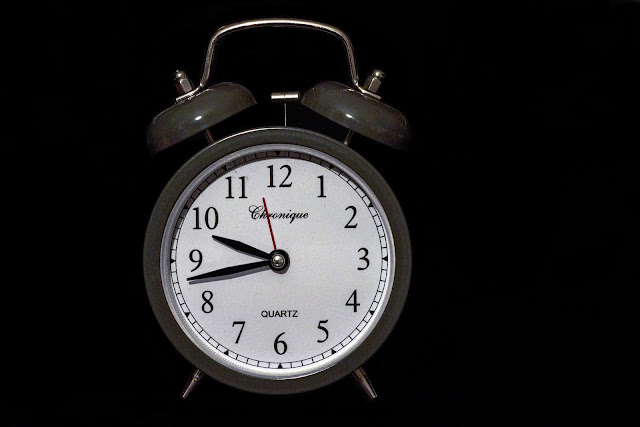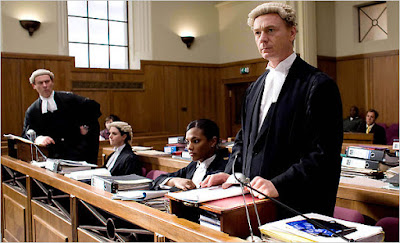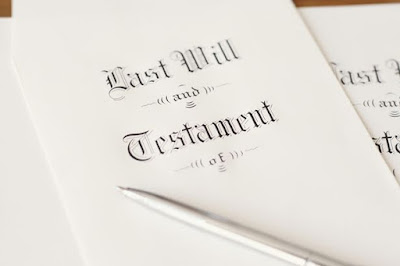Time Limits for accident claims

There's a time limit on most accidents: make sure you know how long you have left to put in a claim. If you are unfortunate enough to have an accident and want to bring a personal injury claim, one of the first things to consider is how long you have before you have to start court proceedings. There is very rarely anything to be gained by delaying; small, everyday documents such as receipts can easily be mislaid, your witnesses may change jobs or addresses and be more difficult to find and other developments at work could make your claim worth less than it was originally. Making a claim is, despite what the insurance industry suggests, not the first thing on most people’s minds after they have an injury. If you had an accident some years ago you need to take the following into account. Generally, you have only three years to start court proceedings in your claim . That means that all paperwork, contact with defendant and all evidence needs to be prepared and ready to be pres


